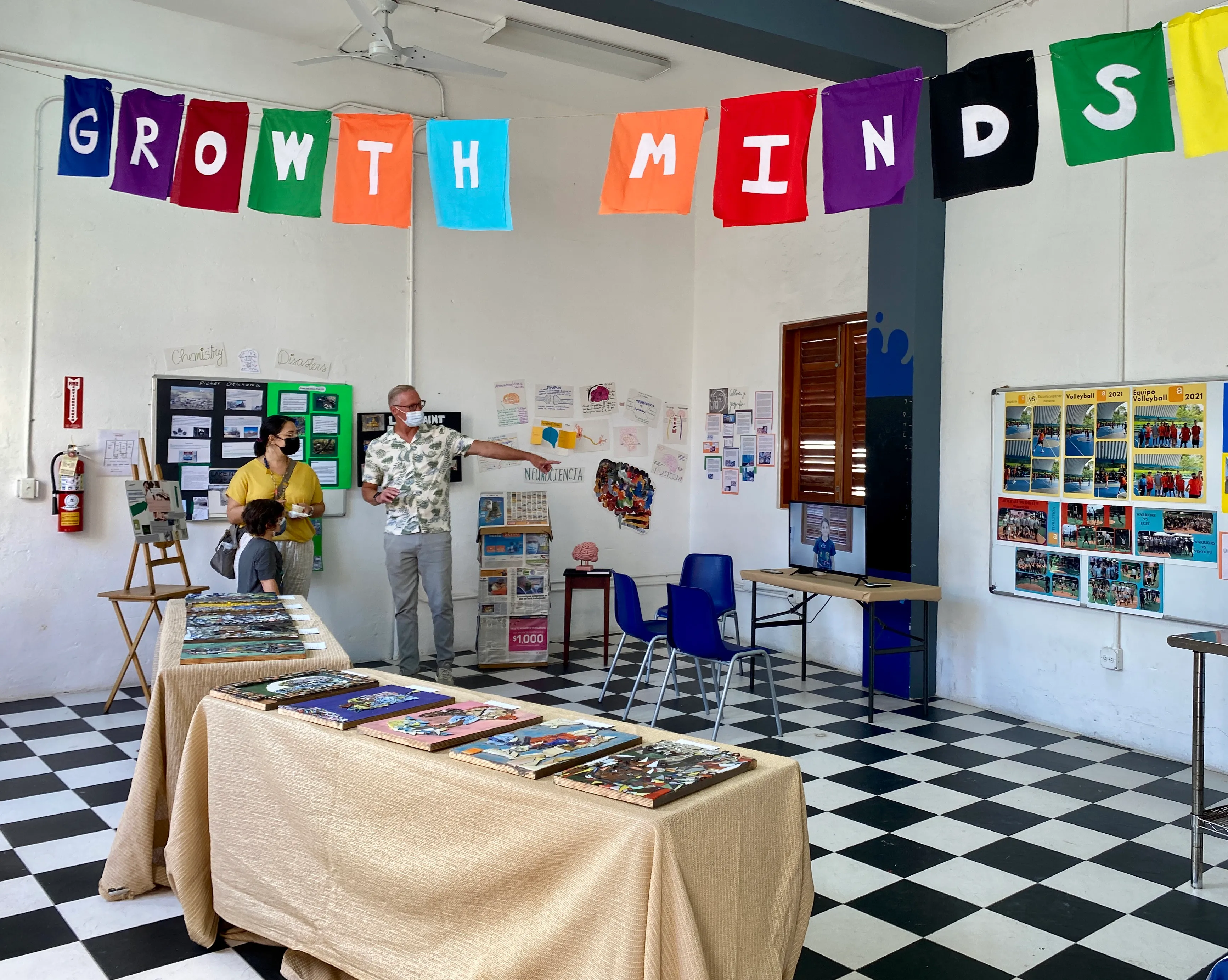
Snapshot: Numerous studies have consistently shown that when schools and parents work in partnership, students are much more likely to succeed, establish positive attitudes about school, and
develop lifelong learning habits.
Context: espacio a takes parent-school partnerships very seriously. It is built into the school model.
▪️Parents are routinely invited to school meetings to discuss their student’s academic, social, and emotional progress.
▪️Parents are asked to regularly participate in activities, classes, and events hosted by the school.
▪️Parents are encouraged to visit their student’s Google Classroom and become familiar and involved in their learning.
Why it matters: Students' learning is not confined to the classroom, nor are students' emotional and social development limited to home and family life. When students observe their parents taking an active role in their learning, they are more likely to value education as a life-long endeavor and become more self-confident.
▪️Life-long learning is increasingly the “golden egg” skill students need to become resilient, successful, and fulfilled adults.

Multilateral Trust: Trust is the most crucial element for building a solid parent-school partnership. When both parties recognize their shared interest in students’ success and well-being — anything is possible.
Open communication at espacio a means:
▪️ Teachers and administrators communicate school and classroom expectations with parents.
▪️Teachers communicate students’ achievements and challenges with parents.
▪️Parents communicate any changes observed in their children's behavior, motivation, or attitude.
▪️Parents share changes in the home environment that might affect their children’s ability to concentrate, cooperate, and do well in school.
When both parties know and understand the environment “on the other side,” both can work together to find creative and innovative solutions to problems and challenges – as well as celebrate achievements and milestones.
Are you interested in volunteering or collaborating on school projects? Visit this page to learn more about ways to get involved.
 Next Blog
Next Blog


